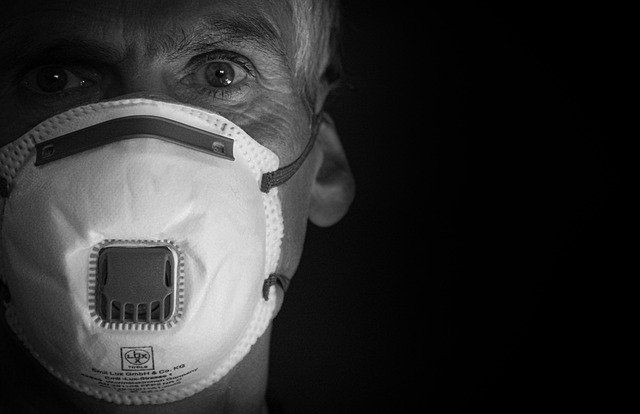Coronavirus Spread In Europe Traced To High-end Austrian Tourist Resort

KEY POINTS
- Coronavirus spread in Europe has been traced to an austrian tourist resort
- The Austrian authorities have denied that they dragged their feet on the quarantine
- In Aalen, a small city in Germany, the count is 200 cases attributed to Ischgl
Kitzloch is a popular restaurant and bar located in Ischgl, Austria, and it has been identified as one of the points from which the coronavirus spread to the rest of Europe.
Despite a warning from the Icelandic government on March 4, a group of nationals contracted the virus in Ischgl, considering Austrian authorities allowed for ski tourism and the holiday that accompanies it.
The holiday went for nine days before setting off quarantine at the station on March 13. The bars were closed a few days before.
Kitzloch declined to comment when contacted by CNN concerning the issue. However, the owner Bernard Zangerl did tell German media outlets that the workers must have also contracted the virus from somewhere else.
The bartender did test positive for the virus.
The village of Ischgl and the neighboring communities draw about half a million tourists each winter. High profile celebrities and politicians attend the venue, including Naomi Campbell, Bill Clinton and Paris Hilton.
Following several rebuttals that the town was linked to the spread of the disease, Austrian authorities have finally admitted they had a large part to play considering the traced figures of cases all over Europe.
The most recent figures coming from the Danish government illustrate that more than 1,400 cases in Denmark, 298 of them came from Austria, and 61 one of them came from Italy. From March 20, the authorities became aware of eight people specifically infected from the village of Ischgl.
Jan Pravsgaard Christensen, from immunology at the University of Copenhagen, stated that at first, they did not understand how this many cases could have occurred. A clearer picture emerged when they got a sneak picture into what was going on in some of Ischgl’s bars.
They were exchanging saliva from playing beer pong using their mouths. The game involved spitting the ping pong balls into beer glasses. Others then reused these balls.
In so doing, it is not hard to see how one case turned into many, and with a significant incubation period, these tourists went on to infect the rest of the region when traveling back.
In a statement, the provincial government denied they had been dragging their feet and stated they acted on time.
In Aalen, a small city in Germany, the count is 200 cases attributed to Ischgl, though it has not been verified. The count is so high that the town set up a new email address for people who have visited the town to contact the authorities so they can get tested and self-quarantine.
© Copyright IBTimes 2024. All rights reserved.





















